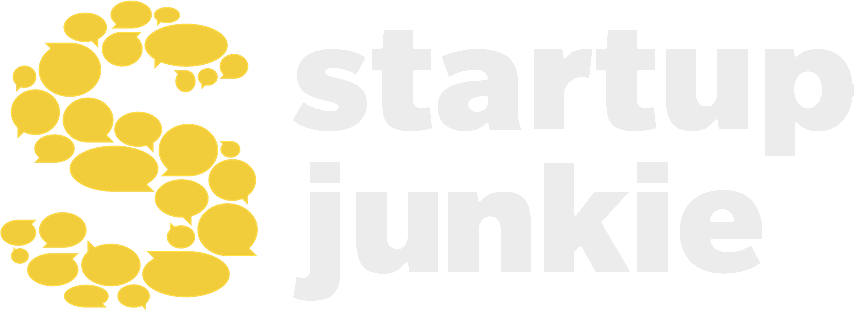When it comes to starting a business many entrepreneurs and early startups seek funding from friends and family first. Further, in regard to existing businesses, the pandemic caused global economic disruptions when many small businesses were just two-three months away from closing their doors permanently.
Particularly Black-owned (41%) and Latinx-owned businesses (32%) saw the most significant declines in sales revenues from February to April of 2020 due to city shutdowns and the surge of hospitalizations across the country. Small businesses play many roles in the US economy; community hubs, employers, centers of innovation and employ 60 million Americans. Because of their huge footprint small businesses are uniquely vulnerable to the social and economic impact of COVID-19. A recent McKinsey report discovered that one-third of small businesses were operating at break even or a loss even before the COVID 19crisis hit.
One of the most interesting solutions for small business recovery that we have provided to the small business community at the Northwest Arkansas Kiva Hub is the increase of microloan funds that provide loans starting as low as $25 from an individual to local businesses. With loans from $1,000 to $15,000, Kiva has documented a repayment rate worldwide of 96%.
Most challenges arise today due to the pandemic because of uncertainty. The fear of when will customers return, if at all? Will the stores have to close again or get to stay open? How many employees will they be able to keep on payroll and is the supply chain still available? These are all real challenges I’ve heard business owners express for the past year and remind me that the last recession in 2008 took an average of six years for small businesses to fully recover. Here are few things I think would help give small businesses a boost and build longer resilience:
-
Help small businesses adapt to the next normal by creating entrepreneurship zones and education centers
-
Increase small business access to credit and stimulus grants
-
Public-private partnerships that provide employees access to low-cost resources pledging to support local small businesses.
-
Direct investment funds for minority owned businesses and a 15% Pledge initiative
Microlending has popularly been known most in countries like Kenya, Cambodia or Peru for small farmers and vendors without collateral or formalized banking. Just recently Google announced a $75 million coronavirus relief fund for small businesses across the world. The Inter-American Development Bank and Google set up a $8 million dollar fund allocated for Latin American small companies and a $26 million dollar loan fund with Kiva to help businesses in Africa, the Middle East and Indonesia.
We are always open here at the NWA Kiva Hub to help small companies in the Northwest Arkansas region to see if they might qualify for the Kiva microloan program. So, if you know any sole proprietors or small business owners that would benefit from a Kiva microloan please share with them our website at www.Kiva-NWA.org .

